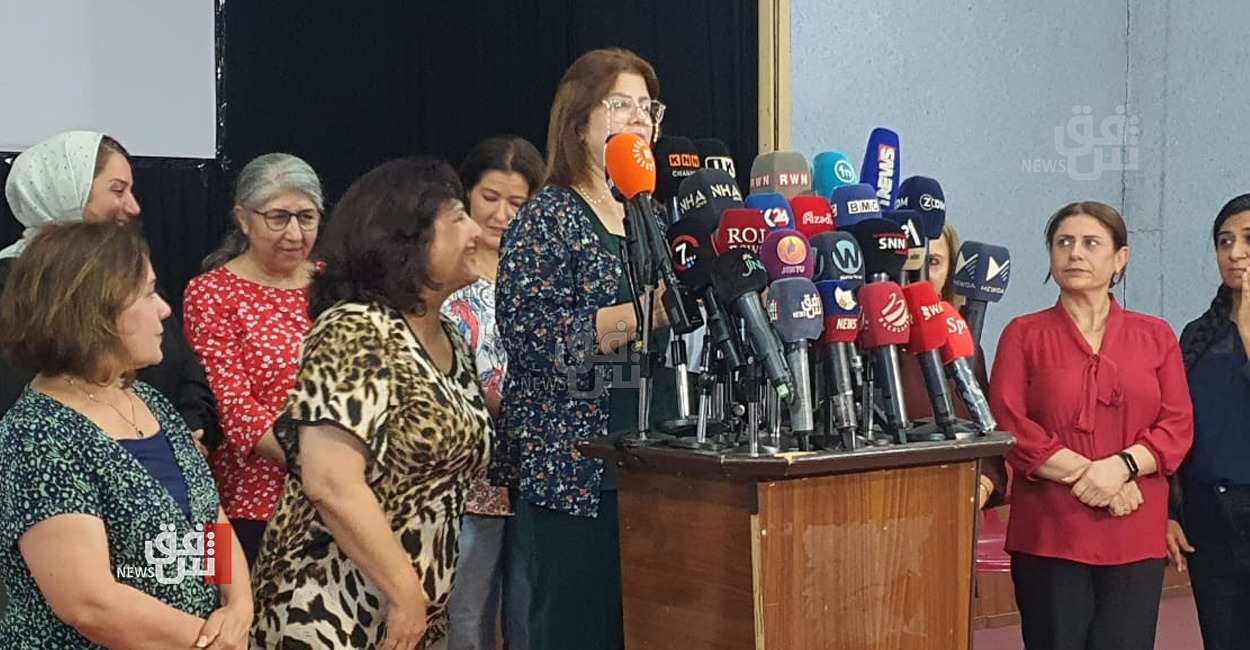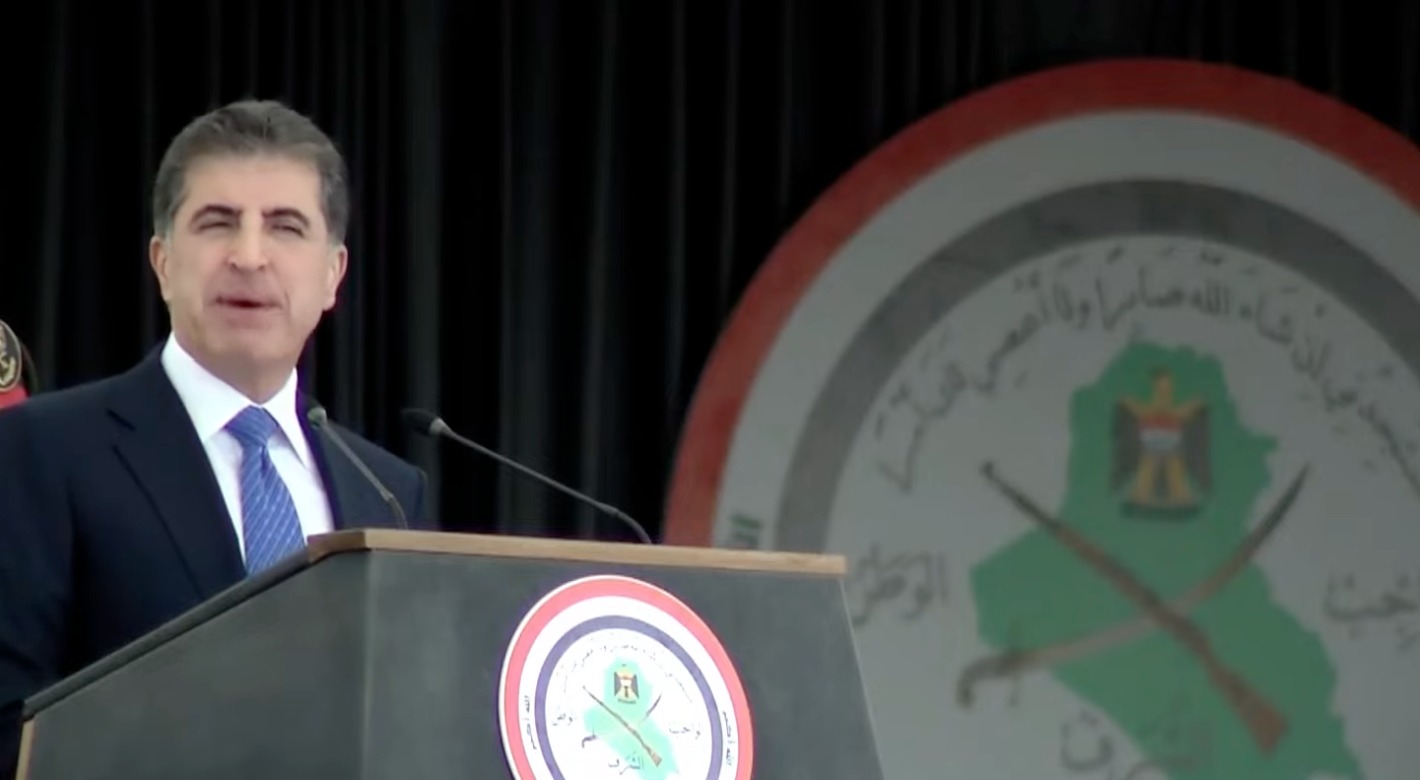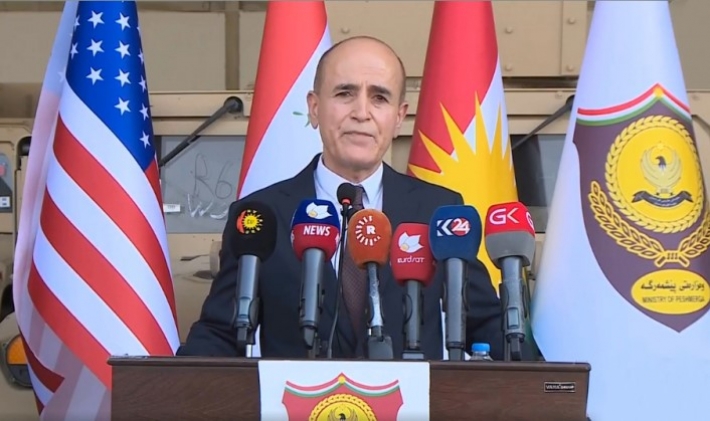Debate intensifies in Iraq over proposed Personal Status Law amendments

Shafaq News/ Controversy is escalating in Iraqregarding proposed amendments to the Personal Status Law, with intensediscussions unfolding in both public and parliamentary arenas.
At a press conference, civil activist SabriyaRashid, spokesperson for a group of women's organizations in Al-Sulaymaniyah,criticized the proposed amendment to Law No. 188 of 1959, describing it as a "threatto society, family, and individuals."
Rashid urged a reversal of the proposal, arguingthat it "represents a regression to sectarianism, male dominance, andreligious institutional control."
"While the declared aim of the amendment isto diversify legislative sources within the judiciary, there are concerns thatit could destabilize Iraqi family life, prompting opposition from variousgroups."
What Are the New Amendments?
The Personal Status Law, enacted in 1959 underPrime Minister Abdul Karim Qasim, currently applies to all Iraqis withoutsectarian distinction. However, the proposed amendments include a provisionallowing Iraqis to choose whether Shia or Sunni laws will govern their personalstatus matters at the time of marriage. Those who have not previously selecteda specific sect's laws can request a personal status court to apply theirchosen sect's religious laws, with the court required to comply.
The draft law also stipulates that if parties ina family case disagree on the applicable legal source, the religious opinionwill prevail.
It further mandates that the Shia and SunniEndowment Councils, in coordination with the State Council, draft a code ofreligious rulings on personal status issues and submit it to the Parliament forapproval within six months of the Law's enactment.
Additionally, the amendment requires personalstatus courts to validate marriage contracts performed by Muslims beforeindividuals authorized by religious or legal authorities, ensuring all contractelements and conditions are met.
Shia voices within the "CoordinationFramework" believe the amendments align with the federal constitution andaddress many family-related issues. However, civil society activists and otherpolitical parties criticize the amendments since this Law is "best in theregion."






